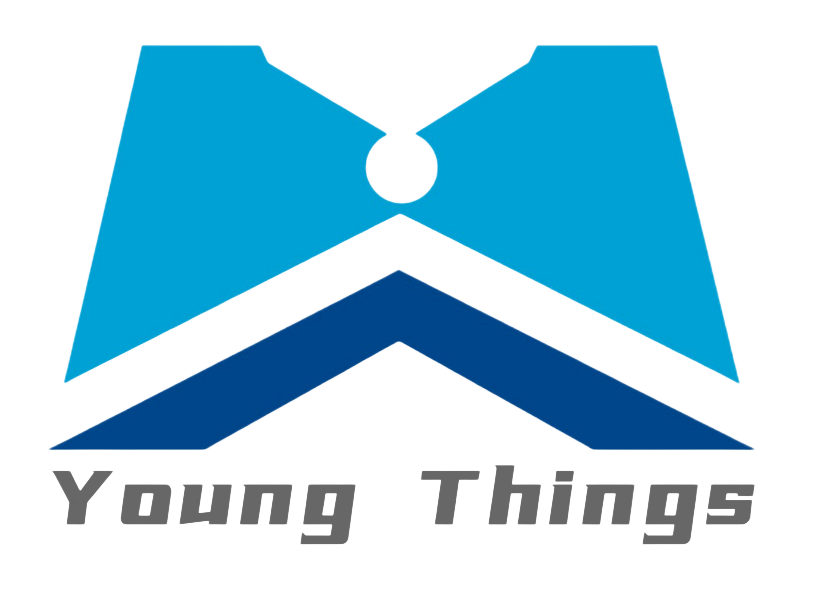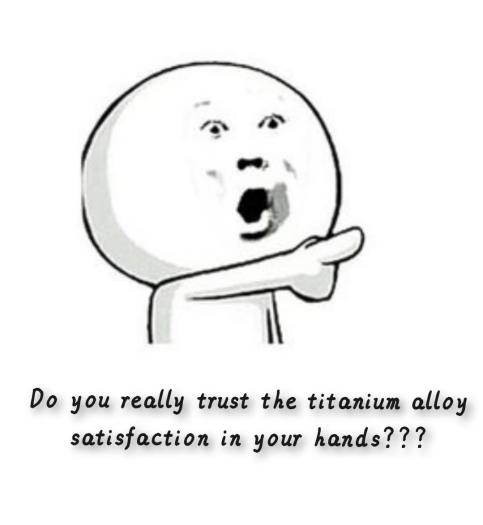 As an international buyer in the titanium market, you're likely all too familiar with the challenges of sourcing high-quality materials from overseas suppliers. In a world where a single sheet of paper—a titanium certificate—can make or break a multi-million dollar deal, how can you ensure you're not falling victim to fraud?
As an international buyer in the titanium market, you're likely all too familiar with the challenges of sourcing high-quality materials from overseas suppliers. In a world where a single sheet of paper—a titanium certificate—can make or break a multi-million dollar deal, how can you ensure you're not falling victim to fraud?
The global titanium trade is booming, with suppliers from various countries, particularly China, offering competitive prices. However, this boom has also brought some challenges. For example, fraudulent practices are on the rise. Moreover, the circulation of fake or manipulated titanium certificates has become more common. As a result, buyers need to be extra cautious.For you, as an overseas buyer, the stakes couldn't be higher. A single misstep could result in receiving substandard materials, leading to product failures, huge financial losses, and irreparable damage to your company's reputation.
But fear not. In this article, we'll equip you with three crucial verification steps that can help you navigate the complex world of international titanium procurement. These steps are specifically designed to assist you as an overseas buyer. First, they help you verify the authenticity of titanium certificates. Additionally, this is particularly important when working with suppliers from countries where regulatory oversight may be weaker. Therefore, taking these precautions can protect you from potential risks.
By implementing these verification methods, you can potentially save your company millions of dollars, ensure the quality of your products, and maintain your competitive edge in the global market. Let's dive into these essential steps that every savvy international titanium buyer should know.
Step 1: Document Authentication
As an international buyer, you're often dealing with certificates from various countries, each with its own format and security features. Here's how to approach document authentication:
- Request high-resolution scans of original certificates. Be wary of suppliers who only provide low-quality copies or resist sending clear images.
- familiarize yourself with the standard certificate formats used in major titanium-exporting countries, especially China. Look for consistency in layout, watermarks, and official seals.
- Use translation services if needed, but always cross-reference with the original language version.
- Check for digital verification options. Some countries are moving towards QR codes or online verification systems for materials certificates.
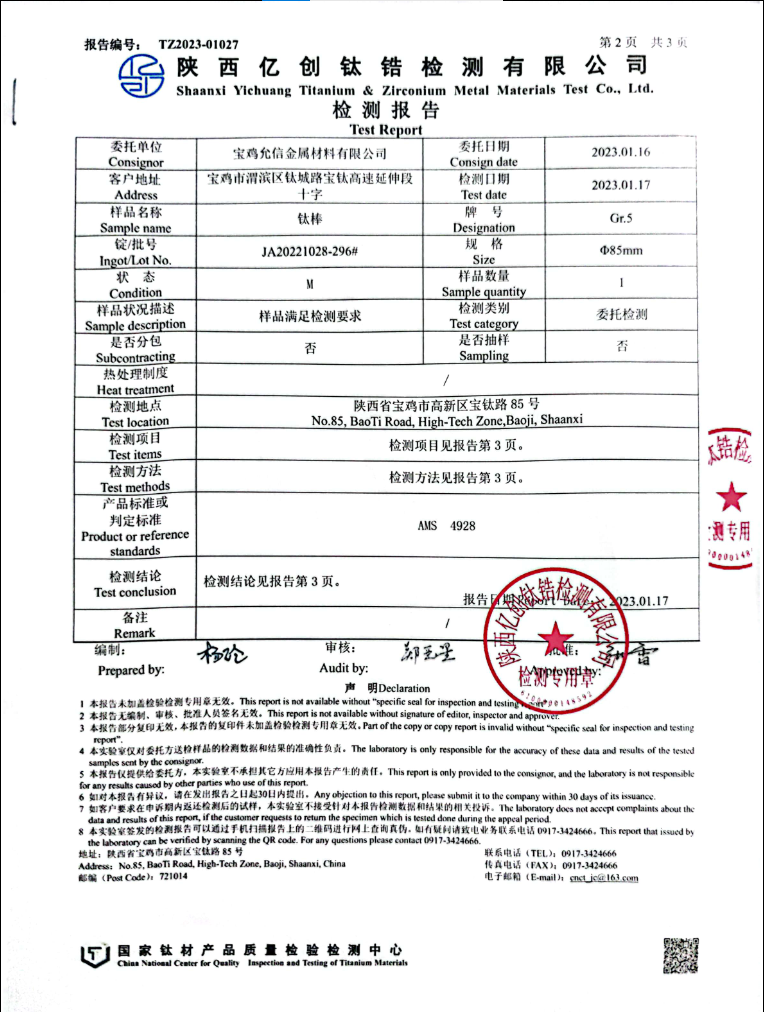
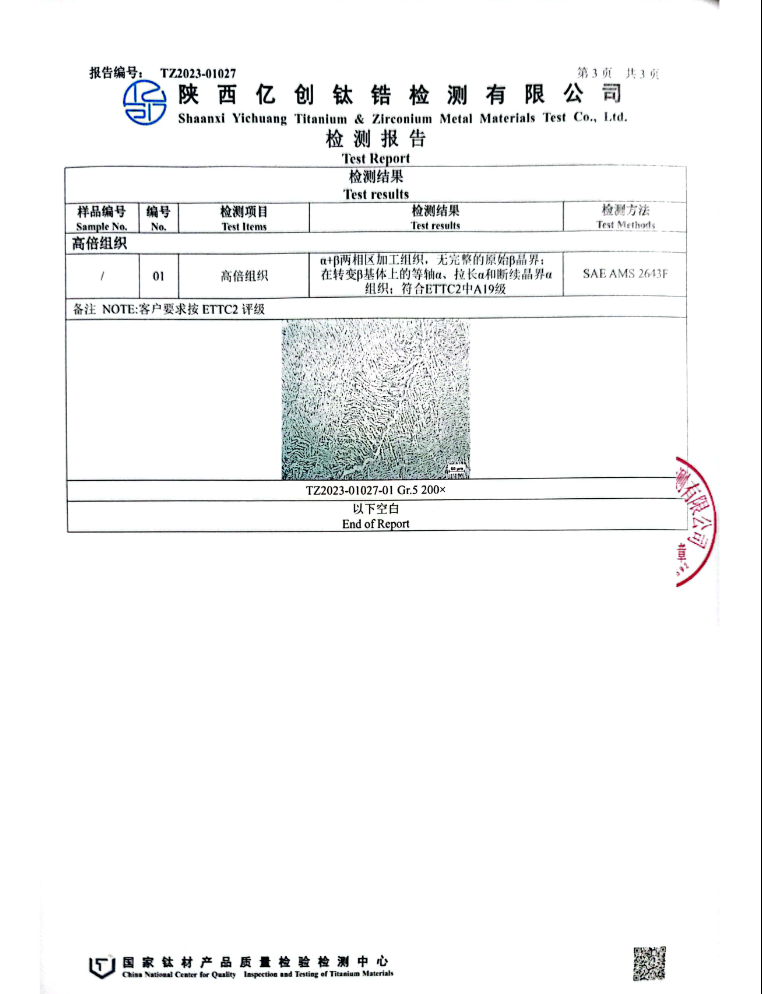
Why it matters: While sophisticated forgeries exist, many fraudulent certificates can be spotted through careful examination. This step helps you filter out obvious fakes without incurring significant costs.
Potential savings: Identifying fake certificates at this stage can save you from making payments for non-existent or substandard materials, potentially saving hundreds of thousands of dollars per transaction.
Step 2: Supplier Verification
When dealing with international suppliers, especially from countries with less transparent business practices, thorough supplier verification is crucial:
- Conduct comprehensive background checks on your suppliers. Use international business databases and local resources in the supplier's country.
- Verify the supplier's certifications and accreditations with relevant industry bodies and international standards organizations.
- Consider using a trusted third-party inspection service or a local agent in the supplier's country to physically verify the company's existence and operations.
- Check if the supplier is listed on any international trade blacklists or has been involved in previous fraudulent activities.
Why it matters: A genuine-looking certificate is worthless if it comes from a non-existent or disreputable supplier. This step protects you from sophisticated scams involving stolen or forged documents.
Potential savings: Avoiding fraudulent suppliers can save you from complete loss of payment for large orders, potential legal issues, and the costs of sourcing replacement materials. Savings here can easily run into millions.
Step 3: Independent Material Testing
As an overseas buyer, you can't always rely on the testing results provided by the supplier. Independent verification is your safeguard:
- Arrange for third-party inspection and sampling at the supplier's location before shipment. Ensure the inspector is accredited and truly independent.
- Have samples tested by accredited laboratories in your own country or in trusted third countries.
- Compare the test results not only with the certificate but also with your specific requirements and international standards.
- Consider implementing a consistent sampling and testing protocol for all incoming shipments, not just suspicious ones.
Why it matters: This step provides irrefutable evidence of the material's quality, protecting you from both intentional fraud and unintentional errors in the supply chain.
Potential savings: While this step involves upfront costs, it can prevent catastrophic failures in your end products. Depending on your industry, this could save you tens of millions in product recalls, liability claims, and reputational damage.
As an international buyer in the titanium market, you encounter unique challenges. Specifically, ensuring the authenticity and quality of your purchases can be difficult. However, there is a three-step verification process that can help. First, document authentication is crucial. Then, supplier verification adds another layer of security. Finally, independent material testing provides a robust way to confirm quality. Together, these steps form a strong framework. As a result, they help mitigate the risks of fraudulent certificates and substandard materials.
By diligently implementing these steps, you can potentially save your company millions of dollars. More importantly, you safeguard your reputation, ensure product quality, and maintain compliance with regulatory standards in your home country. In the competitive global market, this due diligence can be your key differentiator.
Practical Advice for Overseas Buyers:
- Develop a country-specific playbook: Create detailed verification protocols for each country you source from, accounting for local business practices and certificate formats.
- Build a global network: Cultivate relationships with trusted agents, inspection services, and testing laboratories in key sourcing countries.
- Leverage technology: Implement digital tracking systems to manage your verification processes across different suppliers and shipments.
- Understand cultural nuances: Be aware of business customs in supplier countries to better navigate communication and negotiation processes.
- Stay informed on trade policies: Keep up-to-date with changing international trade regulations and sanctions that may affect your titanium sourcing.
- Implement a supplier rating system: First, develop an internal scoring mechanism. This system should focus on evaluating suppliers. Specifically, it assesses their track record. Additionally, it measures their certificate accuracy. Furthermore, it considers the quality of their materials. By using this approach, you can better gauge supplier reliability.
- Consider strategic partnerships: For crucial or high-volume supplies, consider establishing long-term partnerships with verified suppliers to ensure consistency and build trust.
- Plan for contingencies: Always have backup suppliers and allow extra time in your procurement schedule for thorough verification processes.
- Invest in staff training: Ensure your procurement team is well-versed in identifying red flags specific to international titanium trade.
- Engage with industry associations: Participate in international titanium trade groups to stay informed about global trends and shared challenges in certificate verification.
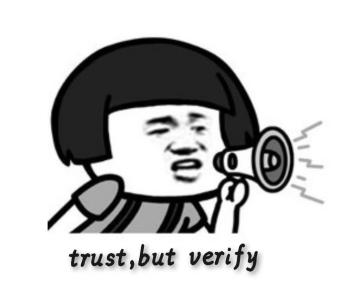 Remember, in the world of international titanium procurement, the old adage "trust, but verify" is more relevant than ever. While these verification steps require investment in time and resources, they are insignificant compared to the potential losses from fraudulent or substandard materials.
Remember, in the world of international titanium procurement, the old adage "trust, but verify" is more relevant than ever. While these verification steps require investment in time and resources, they are insignificant compared to the potential losses from fraudulent or substandard materials.
By adopting these practices, you not only protect your company's interests but also contribute to raising the standards of the global titanium trade. In an industry where quality and trust are paramount, your diligence in verification can become a competitive advantage, setting you apart as a reliable and quality-focused player in the international market.
Share this article
Written by : 钛合金网
Follow us
Table Of Content
